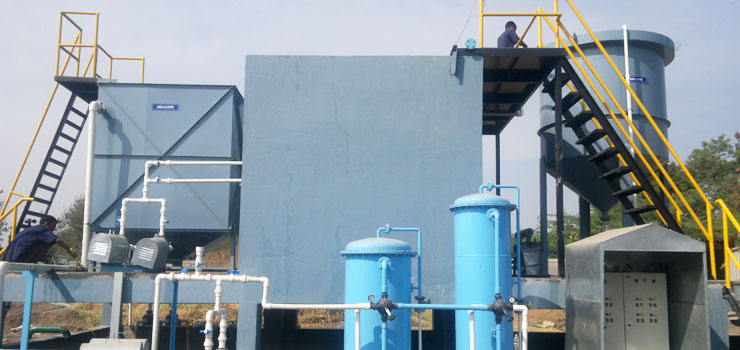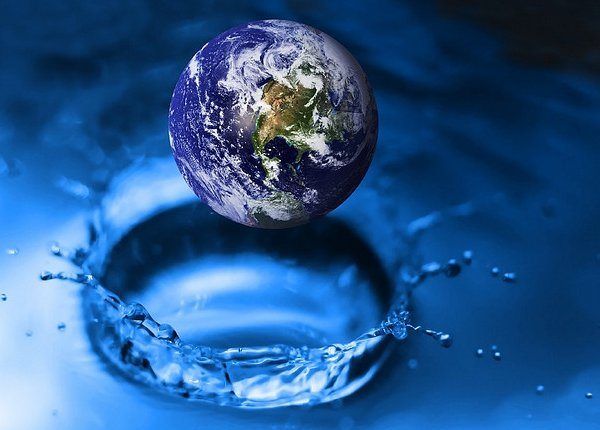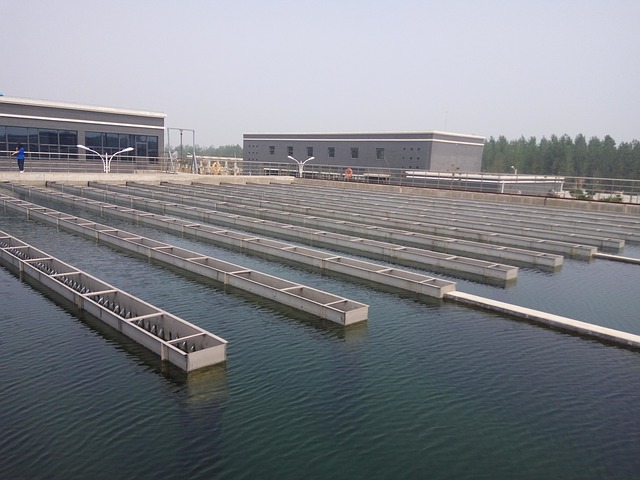Factories of different types of manufacturing industries like textile, chemical, dyes, pharmaceuticals etc., produce a huge amount of wastewater which must be treated properly to reduce water pollution and protect the environment. Thus, Effluent Treatment Plant or ETP comes into effect.
Industrial utility operation in India helps to maintain water treatment plants effectively. ETP initiates a mechanical process which follows a sequence of steps to treat the harmful wastewater.
INITIAL OR PRIMARY FILTRATION
At first, wastewater comes from the industrial unit to the tank of the ETP. Here, the filtration system removes solid waste particles.
COOLING & MIXING
There is a motor in ETP, and this motor helps to mix different types of effluent and cool them up to a certain temperature.
USING NEUTRALIZATION TANK
Now a carrier pump helps to transfer the effluent to a neutralization tank. In this tank, there is a pH meter by the help of which a certain amount of acid or alkali is mixed to neutralize the effluent.
ADDING CO-AGULANT
The neutralized effluent is then transferred to a coagulant bath. Here, a certain quantity of coagulant is added with the effluent.
USING SETTLING TANK
In the settling tank, the effluent is separated from the water. Here, the effluent acts like sludge and it is found in the lower level of the tank.
USING PRESSURE FILTER
Pressure filter filtrates the effluent using a certain amount of pressure.
CARBON FILTRATION
Not many ETPs use carbon filtration process. It is optional. Here, using the chemical absorption feature, activated carbon particles remove contaminants and impurities from the effluent.
SECURELY DISCHARGE
A secured draining system is required to discharge the purified effluent.
An ETP system is a totally machine-operated process. Thus, like any other mechanical plants, it requires utility services for installation and proper maintenance. We at Energy Plus are a mechanical utility service provider in India since 2001. We are expert and highly experienced in operating and maintaining water treatment plants, wastewater treatment plant (ETP/STP), softener process and Iron removal techniques. We install and maintain the water treatment plants meeting the norms of State Pollution Control Boards.



